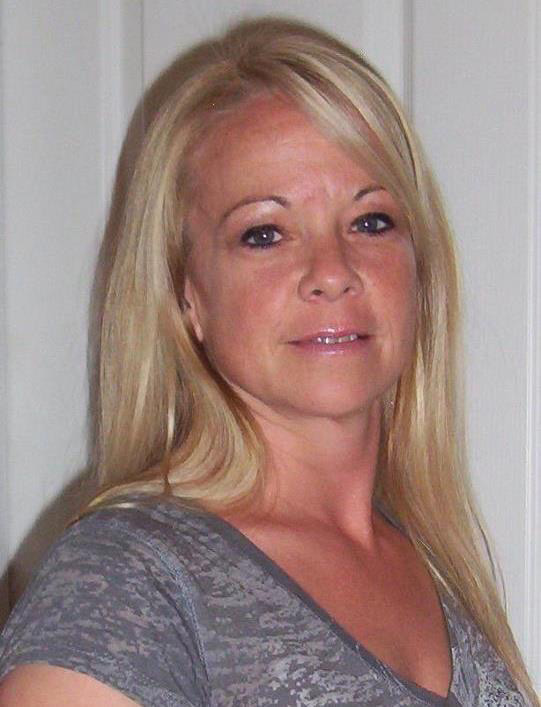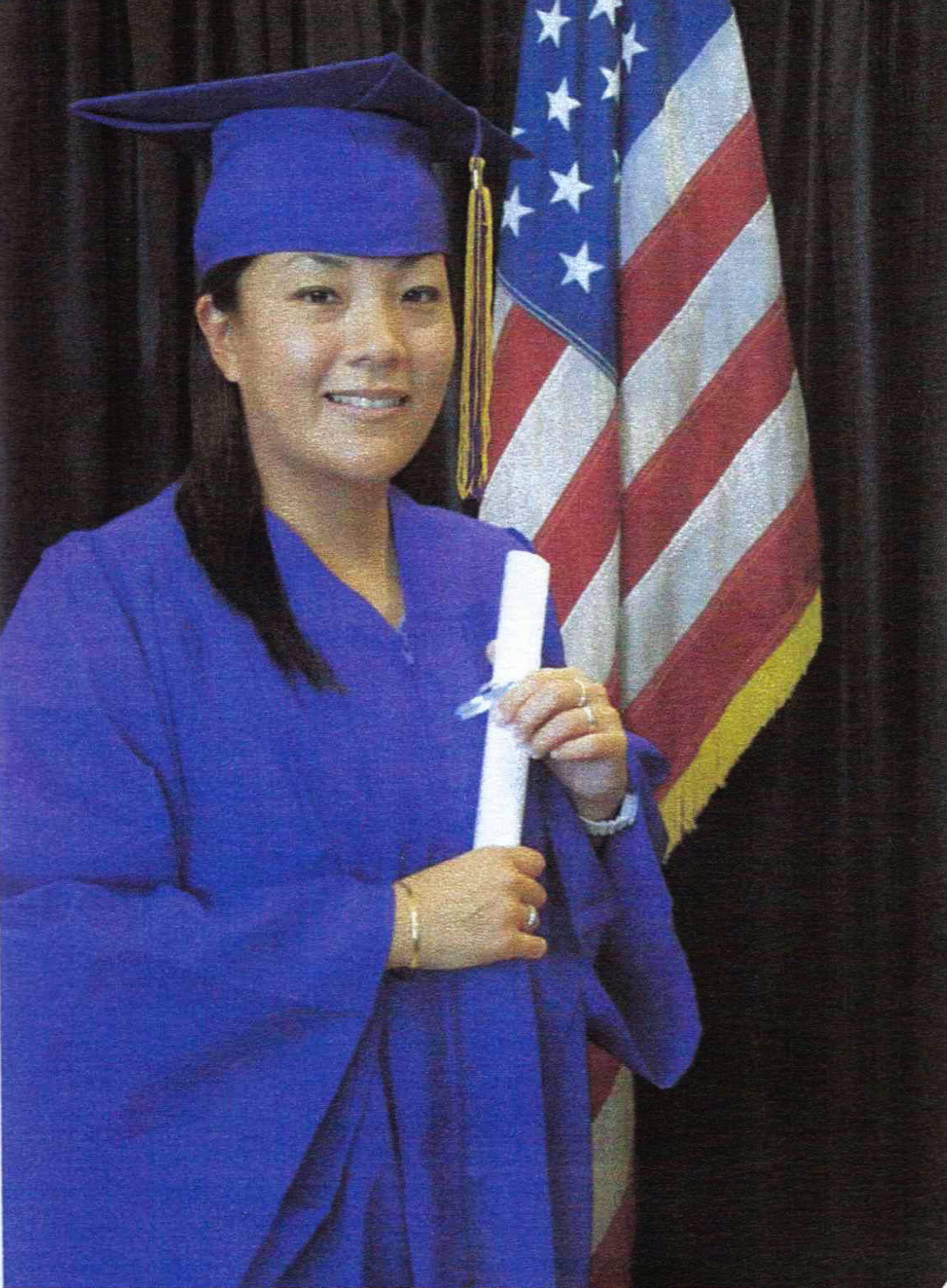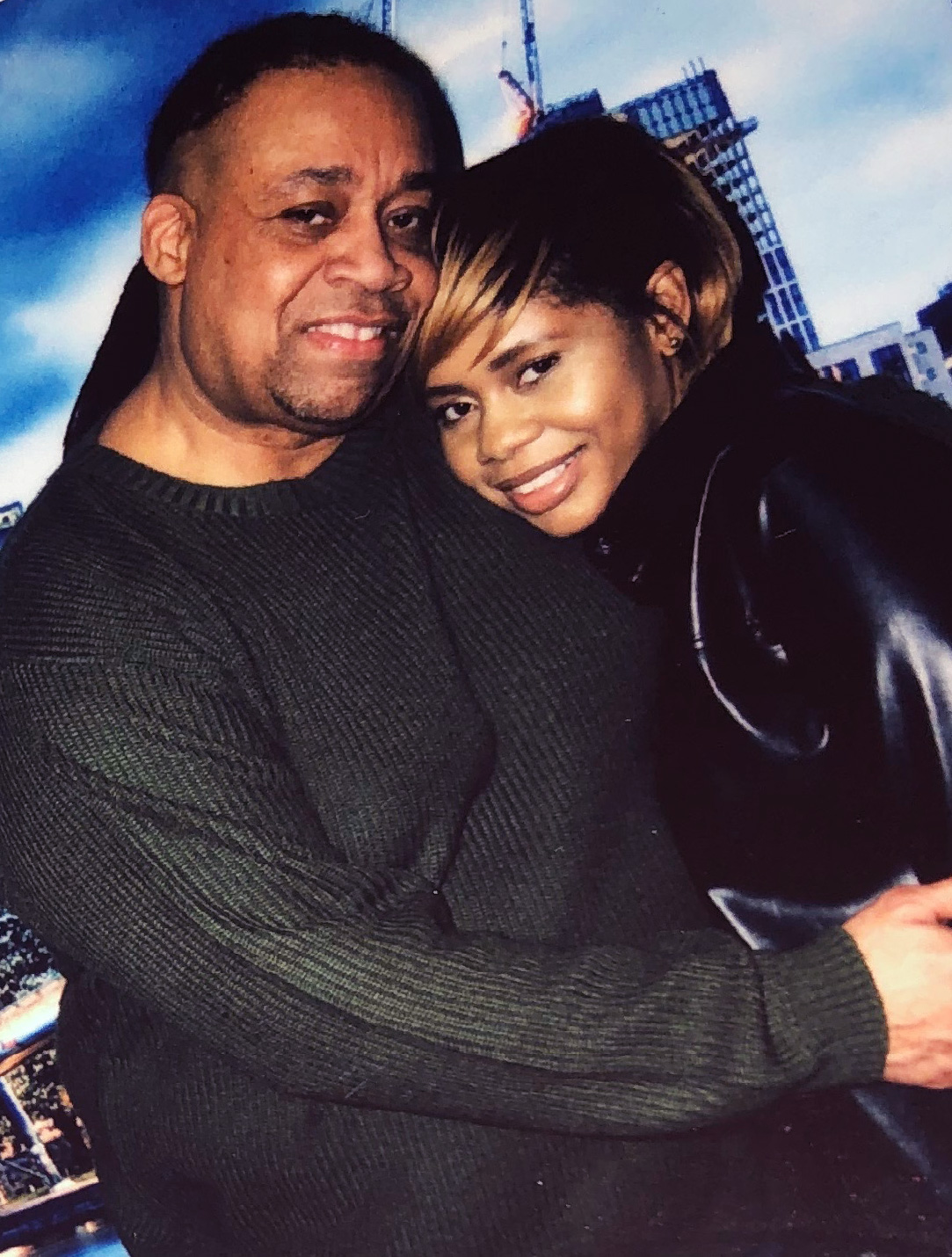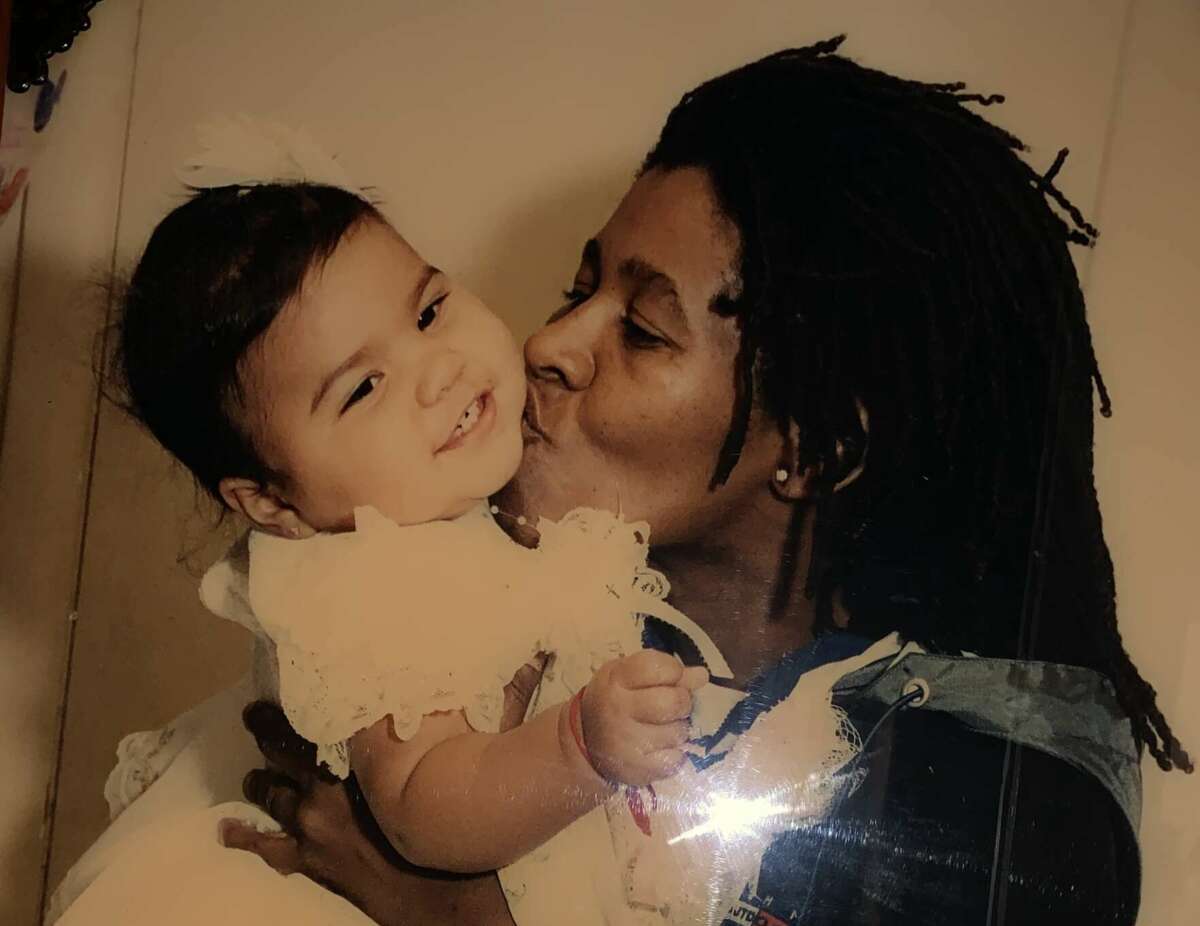Part of the Series
The Road to Abolition
Sixty-three-year-old Lazara Ordaz has spent the past 24 years behind bars on a 35-year federal prison sentence for conspiracy to distribute cocaine. “I have missed over two decades of births, birthdays, Thanksgivings and Christmases which I will never get back,” Ordaz told Truthout.
In 2020, as COVID-19 ripped through prisons, Ordaz applied for home confinement under the CARES Act.
As Truthout previously reported, prison officials told Ordaz that her age, thyroid condition and high blood pressure qualified her for home confinement. Her case manager began her paperwork, then stopped because Ordaz, who arrived from Cuba in 1980, had an immigration detainer, which meant Immigration and Customs Enforcement (ICE) would place her in detention upon her release from prison.
Prison administrators told her that she needed to obtain a “no action” letter from ICE before they would proceed. ICE officials refused to issue such a letter while she remained in prison. The catch-22 left Ordaz in limbo — and behind bars.
In late October, after prolonged advocacy from a formerly incarcerated friend, ICE lifted the detainer. Ordaz again applied for home confinement under the CARES Act but has not received a response.
Now, she is hoping President Joe Biden will show compassion and grant her clemency.
Clemency technically means mercy or lenience. In the legal system, it can take two forms — a commutation, which is a lessening of a person’s court-imposed sentence, or a pardon, which decrease the consequences of a criminal conviction. This can include restoring a person’s right to vote or removing the threat of deportation. For people convicted of federal crimes, the president has the power to grant clemency.
“I applied for my clemency twice, the first time in 2016 while Obama was in the White House. I was denied. I applied again last year and have not received a response,” Ordaz told Truthout.
She’s not alone. As of mid-November, over 25,000 people in federal prisons are awaiting a decision on their clemency applications.

“It Hits Your Heart Hard and Crushes It”
Fifty-year-old Holly Leanne Frantzen is one of these tens of thousands of people awaiting a decision regarding clemency. In 2016, she was arrested for conspiracy to possess with intent to distribute a controlled substance (methamphetamine).
In a series of messages to Truthout, Frantzen explained, “It was all ghost dope if that matters,” she wrote Truthout in a series of e-messages. Ghost dope refers to an amount of drugs based purely on others’ testimony; these drugs were never seen or seized by law enforcement or presented to the court.
“It’s just all just people talking, but words can land you in prison for a long lengthy sentence,” Frantzen explained. “I am not innocent by any means, but I am not the king pin I was made out to be. I was an addict feeding my addiction.”
She stopped using drugs while in jail. On the advice of her court-appointed attorney, she pled guilty and was sentenced to 200 months (16 years and 18 months).
Frantzen was initially relieved that she had not received a life sentence, which she had seen the judge mete out to others facing similar charges.
“Then it sinks in that I am going to be in my 60s getting out of prison. That really hits your heart hard and crushes it,” she wrote. “When you call home and have to tell your dad, that you love with all your heart and soul, [and] hear him say that he probably will not be around by the time you get out of prison … just crushes your heart even more.”
While her oldest daughter was already in her 20s and a mother of two, Frantzen’s younger son was starting high school when she was sentenced. Frantzen missed every high school milestone, including his graduation. She has never met her third grandchild
Frantzen was at the federal prison in Aliceville when Alice Johnson, then serving a life sentence for drug conspiracy, was granted clemency. The two cried with joy together. “That was a very emotional time and she told me to put in clemency that it can happen for me too,” Frantzen recalled. She applied for clemency that same year.
The following year, she suffered a heart attack and was rushed to the hospital, where she remained in a coma for several weeks. “One of the most scariest, loneliest feelings is waking up out of a coma and being handcuffed to a bed with no family around you,” she wrote.
That near-brush with death caused her to promise “to put as much love and positivity out in the world,” she told Truthout, adding: “I want to impact as many lives as I can. I spent the first half being selfish in my addiction and the second half is going to be filled with love and positivity.” She tries to mentor younger women entering prison, sharing her story and encouraging them not to lose hope.
“I did miss all of my mothering, and I wish I could have kids again to do the mothering part of my life,” Frantzen reflected. “If I could I would open up a place where kids could go and interact with other kids who their parents are in prison or off in addiction; I would just love them until their parents got better. I just love kids and have a real soft heart for the younger generation that has never had a chance in life. It’s a great feeling to make a difference in a positive way in someone’s life.”

Sentenced to Die in Prison
In California, Tien Hsiang Mo’s only hope is clemency by the state’s governor. Otherwise, she will spend the rest of her life behind bars.
In 1999, Mo, then age 18, stole jewelry from her classmate Eric Liu.
To keep him from reporting the theft, she, her then-boyfriend and three other friends attacked and kidnapped him. They put him in the trunk of his car and drove it to a vacant lot. Liu was still conscious, calling Mo’s name and pleading for help.
“I ignored him,” Mo told Truthout. “I will never forget him calling for me to help him.” But, she recalled, “my fear of getting in trouble with my parents was more scary than Eric dying in front of me. My parents were such imposing figures in my life and I was so afraid of letting them down, that I had no regard for another human life.”
Once at the vacant lot, they set the car on fire. Police later found Liu’s charred remains inside the trunk.
Looking back on her teenage self, Mo, now age 41, told Truthout, “As an 18-year-old, I was selfish, my life was unmanageable. I was without empathy, someone you would not want to befriend.”
The next year she was arrested and, in 2001, convicted of first-degree murder. She was sentenced to life without the possibility of parole. She was 20 years old.
“My heart dropped when I heard my sentence,” Mo wrote. “I will never forget what my mom told me right afterwards. She said she wished they would just kill me (sentence me to die) rather than see me imprisoned for life.”
At first, Mo continued avoiding responsibility. But 10 years ago, she began working on being honest about herself — and her role in Liu’s death. She began going to prison programs, pushing herself to work through unacknowledged childhood issues and the consequences of her actions. She began helping and advising other women — both those new to the prison and those struggling with the many issues that come with being locked away from family.
But with a life without parole sentence, she can never appear before the parole board to demonstrate the strides she has made.
Mo applied for clemency in 2017, two years after her father’s death. Her mother is now 76 years old and her brother 51.
“But,” she added, her application for clemency “isn’t about them. It is about Eric and how I can be an asset to society and make my life a living amends out there, not in here. I can do so much more out there and give back to a society I took from for so long now. I hurt people out there and want to give back to my community now.”

Clemency as a Last Hope for Parole Before 97
In New York, clemency is also Lance Sessoms’s last hope. The 57-year-old has been imprisoned for the past 34 years and, without the governor’s intervention, will not see the parole board until he is 97 years old.
In 1988, Sessoms was a 22-year-old living in Brooklyn with his wife and three children, including a daughter born two weeks earlier. That night, he was bathing his newborn, his first time doing so, when the phone rang. It was his friend Richard Chalk, who asked him to drive to Albany with him, his nephew Roy Bolus, and three other men. Their plan was to rob some drug dealers.
At the house, Sessoms was tasked with holding two of the men at gunpoint. When one told Sessoms that they could see his face, he panicked. Both men were involved in serious drug and weapons dealing and they were from Brooklyn, where his family lived.
“I didn’t think, I just reacted,” he wrote in a letter to the state’s clemency board. “So, I grabbed a pillow and shot them both.”
The media called the men — all of whom are Black — the “Brooklyn Six,” a reference to the “Central Park Five,” five young Black men who were falsely accused, convicted and sentenced to decades in prison based on police-coerced confessions for the rape of a white jogger.
In Albany, Sessoms and four co-defendants were convicted and sentenced to multiple decades in prison. (The sixth, Charlemagne Jean-Pierre, was acquitted of all charges except weapons possession, for which he was sentenced to 7.5 to 15 years.) The judge, Joseph Harris, was known for competing with another local judge for the distinction of toughest judge. Sessoms received 82.5 years to life. Upon appeal, his sentence was reduced to 75 years to life.
Despite this virtual life sentence, Sessoms has determined to change his life. He completed numerous prison programs, earned a college degree, encouraged others to pursue their education and continued to parent his three children (and now eight grandchildren) from behind bars.
Now, Sessoms is the last one behind bars. In 1995, one of his co-defendants died while in prison. Jean-Pierre was released from prison after 10 years and deported. In 2018, then-Governor Cuomo granted clemency to two of Sessoms’s co-defendants — Roy Bolus and Alphonso Riley-James. In August 2021, he granted clemency to Richard Chalk.
“I was happy for all of them because they put in a lot of work in transforming their lives over the years,” Sessoms wrote in an e-message to Truthout. But he also wondered, why not me?
“I then thought maybe it’s not my time yet. So, I just did what I’ve been doing the past 20 years … mentoring the men who I work with, and the others who I come in contact with. I focused on the ones who have mental [health] challenges,” he continued, referring to his ongoing work as program assistant in the prison’s mental health units.
“I’m here for them morning, afternoon, evening and on weekends,” he wrote. “This is what keeps me going … helping those who sometimes can’t help themselves.”
Sessoms’s daughter Danielle Moore was 4 years old when her father made the fateful decision to drive to Albany. She is now in her late 30s and a mother of two.
When she read about Bolus’s and Riley-James’s clemencies, she reached out to their attorney, Steve Zeidman at the Defenders Clinic’s Second Look Project at CUNY Law School, for help. Zeidman helped Sessoms apply for clemency in 2019. His is one of nearly 800 clemency applications awaiting a decision from New York Gov. Kathy Hochul.
Moore also connected with the Release Aging People in Prison (RAPP) campaign, participating in lobby days urging legislators to pass elder parole laws allowing older people an earlier opportunity for a parole hearing, and speaking at rallies urging the governor to grant her father — and so many others — a second chance.
Her father’s 75-year sentence, she told Truthout, “is a sentence that we, as a family, have to face too.”
Children With Incarcerated Parents Dream of Clemency
For Ordaz, receiving clemency would allow her to reunite with her family, including her daughter who was 2 when she was arrested. That daughter (also named Lazara, or Lala for short) is now 26.
“Visiting her in prison are the only memories I have of her,” Lala told Truthout. But her family has filled in those early childhood years — including how much Ordaz doted on her only child, throwing her a lavish birthday party when the girl turned 1. “Everyone talked about how good her food is,” Lala recalled. “But I can’t taste it.”
While Ordaz was imprisoned at the federal prison in Danbury, Connecticut, her family took Lala to visit each year. But in 2013, the prison was converted to a men’s facility and Ordaz was transferred first to Aliceville, Alabama, and then to a series of Florida prisons. Lala has only been able to visit her mother once since then.
Still, neither mother nor daughter has given up hope.
“I would like to make some lasagna together,” said Ordaz, who never had the chance to cook with her daughter. “Also, I want to make her some bake fish and I like to make her some Cuban food.”
In 2020, Lala purchased her first home, a single-family house in Philadelphia, with the hope that the two can live together and cook all the dishes they never had together once Ordaz comes home.
Press freedom is under attack
As Trump cracks down on political speech, independent media is increasingly necessary.
Truthout produces reporting you won’t see in the mainstream: journalism from the frontlines of global conflict, interviews with grassroots movement leaders, high-quality legal analysis and more.
Our work is possible thanks to reader support. Help Truthout catalyze change and social justice — make a tax-deductible monthly or one-time donation today.
